MRI Chair Jörg Balsiger is among the guest editors of this MRD focus issue, which explores innovation in mountains as multidimensional and context-specific. Articles examine how social, institutional, technological, and scientific innovations can advance – or hinder – sustainable mountain development.
How can innovation contribute to sustainability in mountains? Articles in this focus issue offer a diverse array of insights: In Yunnan, China, walnut producers used their local agency to build resilience in response to booms and busts of the crop. In mountain product value chains across Europe, ecological practices are often linked to social innovation and collaborative governance. In Valle d’Aosta, Italy, local views on the circular economy indicate that such a model is well suited for mountain areas, but the transition requires sociocultural change and targeted policies. And an analysis of debates on landscape and the energy transition in the Austrian, German, and Swiss Alps shows that spatial planning has a crucial role to play in governing the process.
The issue was guest-edited by MRI Chair Jörg Balsiger, Anne B. Zimmermann, João Carlos Azevedo, and Dietrich Schmidt-Vogt. In the editorial, they reflect on how common narratives about mountains often frame them through lenses of technological or institutional innovation, yet risk overlooking the nuance and unevenness of our “patchy Anthropocene.” This contribution adds a timely perspective on the narratives that shape policy debates and on the importance of recognising diversity across mountain contexts.
Read the editorial: https://doi.org/10.1659/mrd.4503.
The Focus Issue issue is available online and open access: https://bioone.org/journals/mountain-research-and-development/volume-45/issue-3
Note that other issues are starting to fill up as well: https://bioone.org/journals/mountain-research-and-development/inprogress
Read about the journal’s section policies, guidelines, and submission procedure at: https://www.mrd-journal.org/
The MRD Editorial Team
MRD Editorial Office, University of Bern, Centre for Development and Environment
mrd-journal.cde@unibe.ch
Cover image: Hybrid innovation – merging old and new technology – in a mountain product value chain in Hungary: a henhouse made of mud, wood, straw, and stones to keep the animals cool, warm, and safe, fitted with a solar-panel-driven door that closes automatically at sunset to keep foxes out. Image credit: Gusztáv Nemes.


